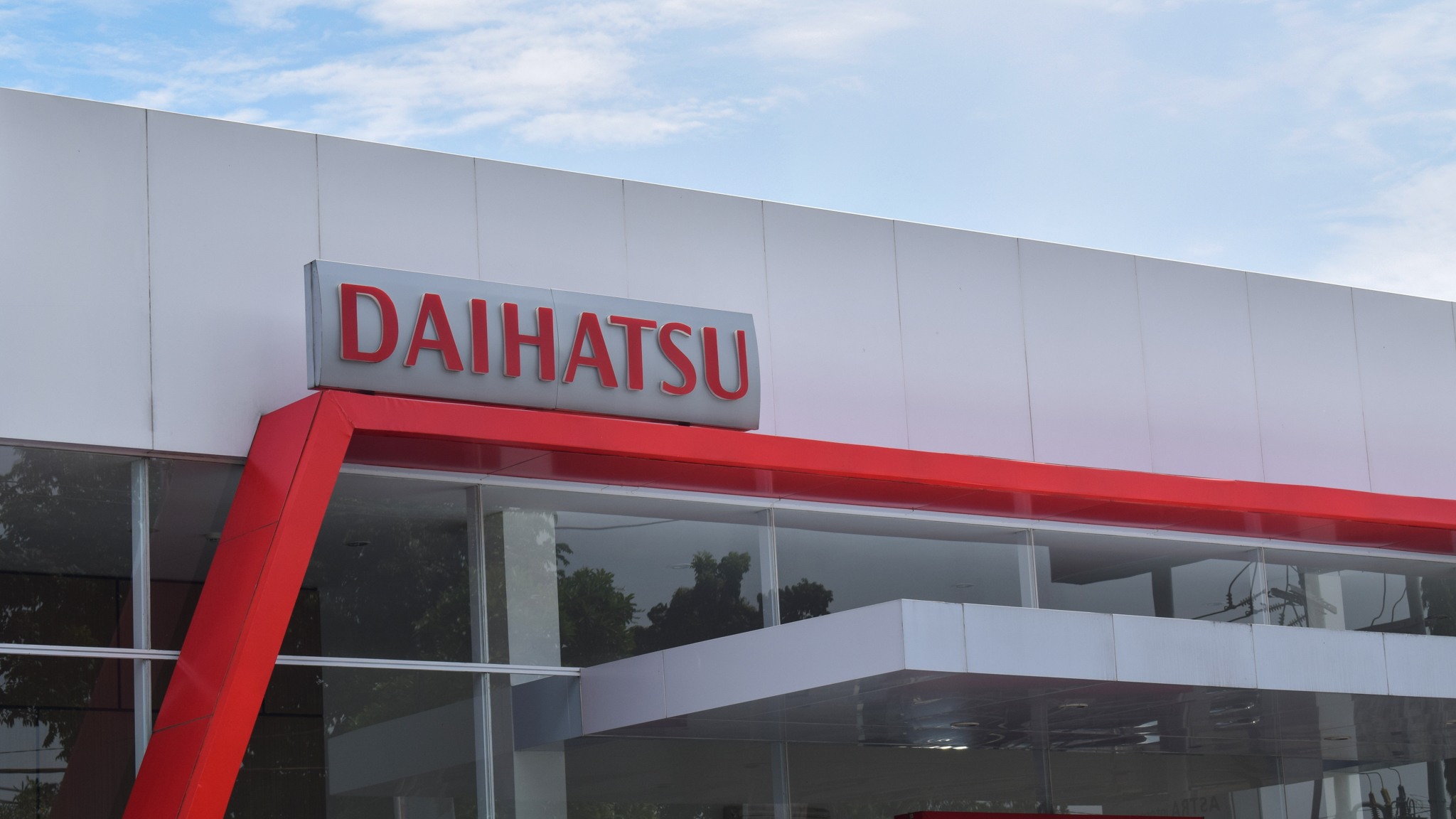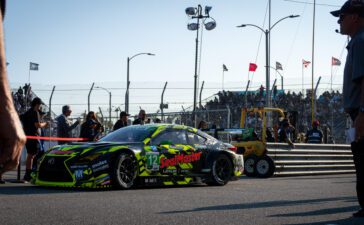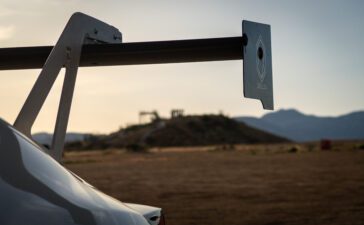Remember Daihatsu? Parent company Toyota likely wishes it didn’t. The Japanese automaker, whose vehicles were briefly sold here in the U.S., was found to have altered crash-test data on four of its models since 2022, but an internal investigation revealed falsified test results going back more than 30 years.
Daihatsu suspended production at its last Japanese factory this week, with company executives appearing to be ready to fall on their swords. CEO Soichiro Okudaira said the company “Betrayed the trust of our customers. All the blame is on the management.” The first issues date back to 1989, but the company’s actions accelerated in 2014.
Among other issues, the automaker found that the doors of some models could become harder to open from the outside after a crash, though no injuries related to the problem have been reported. The automaker had previously admitted to falsifying data for crash tests of two hybrid vehicles and said it had stopped selling them.
This has been an ongoing saga for Daihatsu and Toyota, and it just keeps getting worse. Even before the shutdown, the company admitted to fiddling with crash tests on almost 90,000 cars sold under the Toyota brand in Malaysia and Thailand. For its part, Toyota said it would step in and conduct a sweeping investigation of the management and company operations.
Whatever the outcome here, it’s a complete shock that Toyota would let this go on for so long without very publicly stepping in. Yeah, shutting down production is an excellent first step, but it’s at least three whole decades too late. That said, executives taking responsibility is the right thing, and they noted that the company’s culture made it unacceptable to delay a product launch for safety fixes.
















